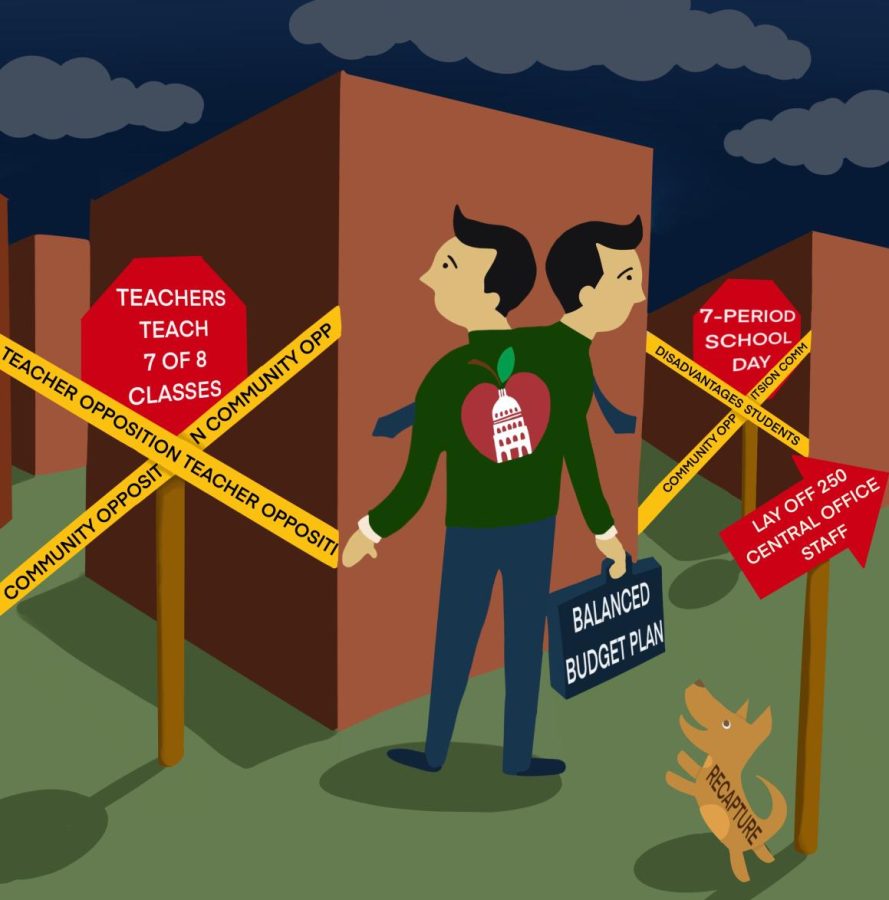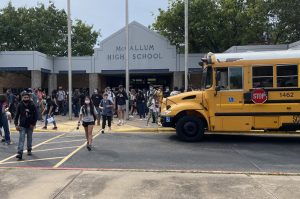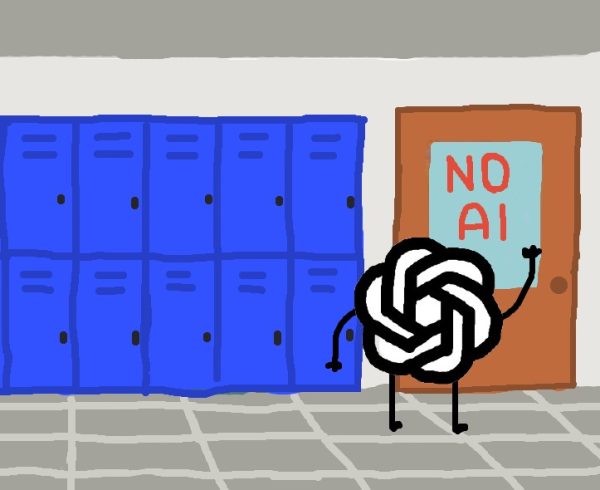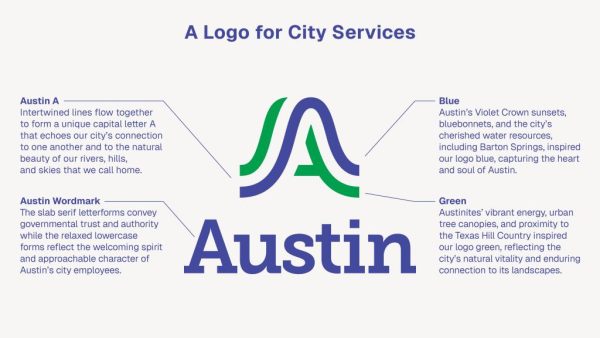‘Robin Hood’ is robbing us
State recapture forces AISD to take fall for systemic budget issues
No Way Out? AISD’s quest for a balanced budget is beset with dead ends because of an ever-present, seldom mentioned villain: recapture.
Faced with the urgency of a predicted $62 million budget shortfall, AISD is scrambling for a way out of it financial maze. Each time, however, that a plan has been proposed—whether a seven-period school day or the loss of a teacher planning period— the AISD community has been vocal in its opposition. With no options left, superintendent Stephanie Elizalde announced in a Feb. 10 board meeting that the district will lay off 250 central office employees and implement other savings strategies, with plans to end the year with a balanced budget.
Ending the year with a deficit would spell disaster for the district. AISD’s bond rating depends on its ability to scrape together the funds to balance the budget, and if this doesn’t happen, the district won’t receive the grants needed to improve campus facilities across the district. It’s no secret that with a drop in bond rating, poor schools will feel the effects most profoundly. Schools in wealthy areas are already taken care of, with up-to-date infrastructure and cutting-edge technology. In contrast, McCallum has a building rating of 23%, second only to the district bus barn. Time and again, disparities grow between the haves and have-nots of AISD.
Posed with an insurmountable problem, AISD has failed to think plans through. Each new solution seems slapped together, with little perspective on the community impact of the district’s actions. Seven-of-eight classes was, for teachers, a clear message from AISD: “You’re disposable.” AISD’s lack of consideration for its employees exacts a toll. AISD’s lack of consideration for its employees exacts a toll. Recklessness isn’t malice, but the fallout is just as bad.
The fact is, AISD scrambling for a balanced budget is representative of a larger problem.
Through recapture, or the ‘Robin Hood’ system, school districts with higher property tax rates send a portion of their funds to school districts with lower property tax rates. As it stands, AISD sends millions of dollars back to the state for redistribution. The idea of a “Robin Hood” plan made sense at its start in 1994, when wealth was distributed more evenly throughout the state. But now, as Austin’s property taxes have shot up, the recapture program brings in more revenue than insurance taxes, according to a Texas Education Agency report.
According to the Texas School Coalition, recapture legislation was last updated in 2019 with state House Bill 3, which repealed adjustments to the formulas for entitlement. Now, the recapture formula is negatively affected by pre-pandemic legislation that underestimates the true cost of education in some parts of the state.
Recapture brought in $1.4 billion more than the $6 billion that was forecast. Instead of that surplus going back to schools, that money was ultimately used to balance the state’s budget. Texas, a state that is one of the top producers of oil in the U.S, makes $3 billion more in revenue from recapture than natural gas production. How much of this money goes back to schools? Well, not the $1.4 billion surplus.
There is a very real possibility that even more of the recapture money is not going back to public education. Given the utter lack of transparency, the possibility that the money is going to charter schools or other government spending can not be ignored. For a state so adamant against tax reform, it seems Texas has no problem taking money from its constituents and being elusive about where these funds are going.
According to data from TEA, AISD sends far more money to the state than other district. During the 2020-2021 school year, AISD paid three times what the Houston Independent School District paid, despite HISD’s 209,309 student population compared to AISD’s 75,075. As of Feb. 10, for the 2021-2022 school year, a AISD has paid more than $749 million back to the state through the recapture program—already $39 million over what was paid the previous cycle. The kicker is that 51.9% of AISD students qualify as economically disadvantaged, according to a study by the TSC, yet money is going to other school districts just because of the high price tag of living in Austin.
While recapture is a noble offensive against existing inequities in the state, the Texas legislature must reform the system if it wants to truly tote equity in the state’s per-student spending. Recapture fails to consider that property wealth does not always accurately reflect personal wealth. AISD’s budget affairs are caught between the devil and the deep blue sea. As they face a multi-million-dollar deficit, money is still going to other school systems at a rate incomparable to other districts, and their “solutions” jeopardize jobs and community trust.
We’re not economists, and we’re not lawmakers, but we know just as well as district CFO Eduardo Ramos that the recapture system is broken. But like most evils of public education, the solution isn’t eradication. It’s reform.
Any surplus taken from the recapture system should go directly back to the schools, not to balance the state budget. Public education is already underfunded enough, and stealing the excess money is not going to help resolve any problem. ‘Robin hood’ is robbing children of a fair chance at a quality education.
Your donation will support the student journalists of McCallum High School. Your contribution will allow us to purchase equipment and cover our annual website hosting costs.













Tatum • Mar 3, 2022 at 10:54 am
I really enjoy this article because it gives you all sides of the story. It shows why they are doing this, but also how much of a disadvantage this is for AISD staff
Joaquin Kinard • Mar 2, 2022 at 10:08 pm
I really liked this article because the composition felt so well put together. It also help you see the situation from different peoples sides. It really made you think and leaves you still thinking about it even after you are finished.